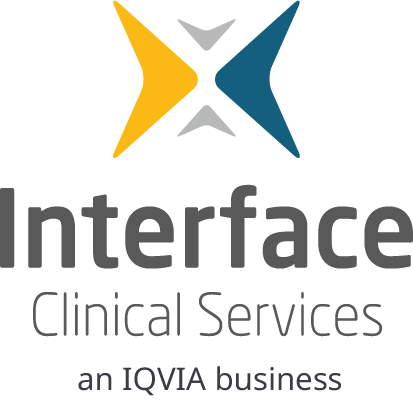QOF Disease Prevalence Coding Support
![]()
Our Clinical Pharmacists are now able to offer coding support across a number of QOF domains

The group, which will be chaired by Clare Howard, clinical lead for medicines optimisation at Wessex Academic Health Science Network (AHSN), will include pharmacists, nurses, GPs and patients, as well as representatives from royal colleges, professional bodies, and patient groups.
It follows growing evidence from around the world that the number of medicines prescribed to individual patients, or polypharmacy, has grown significantly over the last 10 to 15 years, with elderly patients, and patients with complex, long-term, or multiple conditions are among those likely to be taking several medications.
During a 2016 study of hyperpolypharmacy — the use of more than ten medications — by Interface Clinical Services, prescriptions given to 1,800 patients aged over 75 registered with a single GP surgery were assessed. The researchers found that these patients attended an average of 13.93 GP consultations in the past 12 months, and were prescribed an average of 6.17 medicines each. Of the total number of prescriptions, 364 were for obsolete therapies, and in 199 cases, drugs were not taken as recommended. There were also 39 reports of side effects or adverse drug reactions.
“Evidence suggests that being on multiple medications increases a patient’s risk of harm and contributes to hospital admissions and poor therapeutic outcomes. It can be particularly problematic in older patients,” says Ruth Wakeman, associate director of professional standards and support at the RPS.
“It is therefore right and timely that the RPS develops guidance for pharmacists, and others working with patients, to review their medication needs.”
The RPS says the guidance will build on existing polypharmacy expertise developed in Scotland and Wales.
The guidance development process will follow NICE-accredited protocols, and the RPS estimates that it will take around 12 months to complete. Anyone seeking more information about the project is advised to email Ruth Wakeman at ruth.wakeman@rpharms.com
![]()
Our Clinical Pharmacists are now able to offer coding support across a number of QOF domains